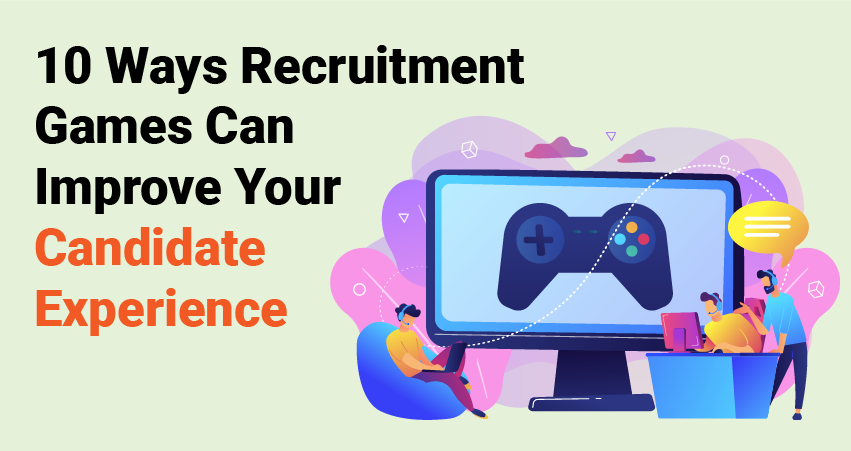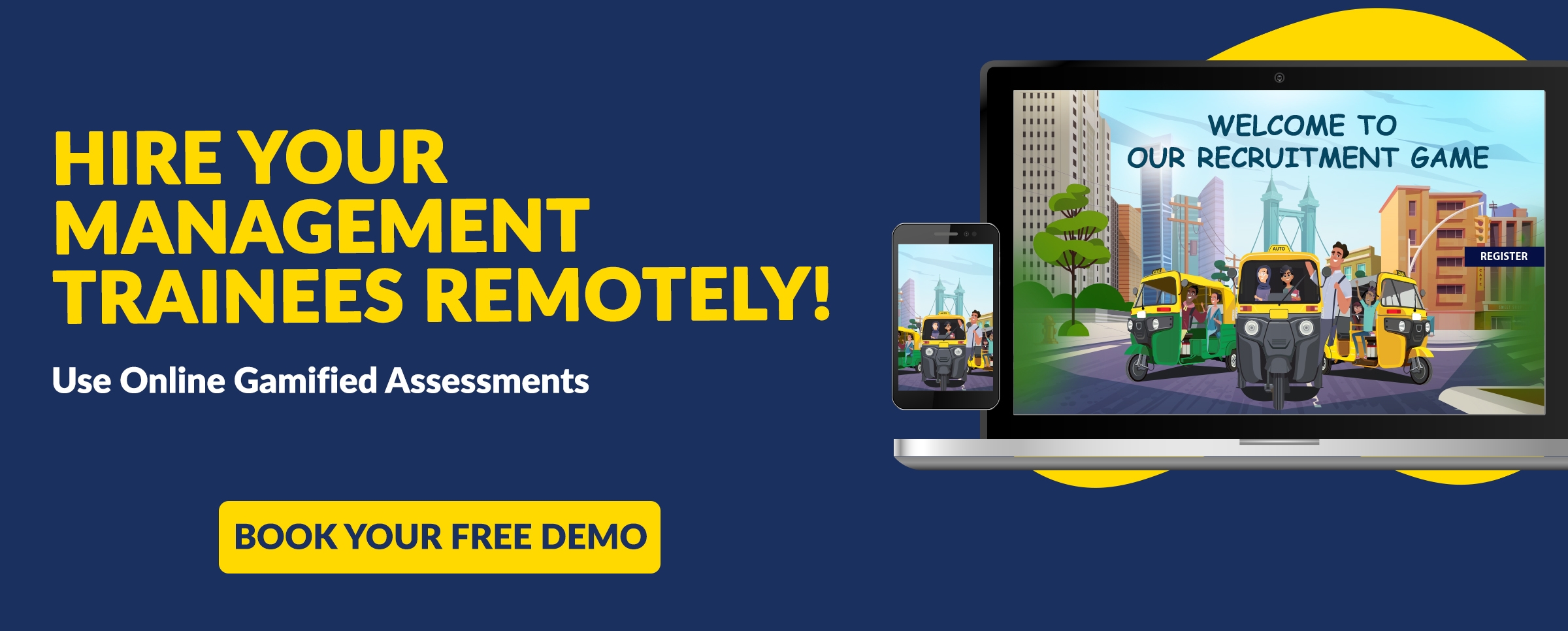Recruitment Games are gaining immense popularity across the globe as more and more organizations gallop toward recruitment games to secure top talent. But what exactly about gamification makes it so unique? It seems to be going smoothly for candidates ever since the job market surged with new record openings, especially in the U.S. market. The pressure is shifted onto employers who are faced with the challenge of filling these positions with not just any candidates but only the best.
Organizations have found attracting, employing, and retaining supremely talented employees increasingly difficult. Efforts to secure candidates’ interests begin at the point of recruitment. Traditional recruitment methods and strategies are fast dissipating ever since recruitment games came into effect.
Gamification is the use of gamified elements and situations in a completely non-game environment. The incorporation of human resources and technology gave birth to the innovative prospect of gamification. Its primary objective is to transform the recruitment process.
What are recruitment games?
A number of companies incorporate games in their recruitment processes. This is done in order to get the best talent out there. The game can even help the candidates start taking an interest in a job they would not even consider before.
As the candidates pass the phase of application, they can understand how they would like to be hired for a certain role. On the contrary, the employers can assess the candidates as to how their on-the-job performance would be like in a simulation of the real workplace.
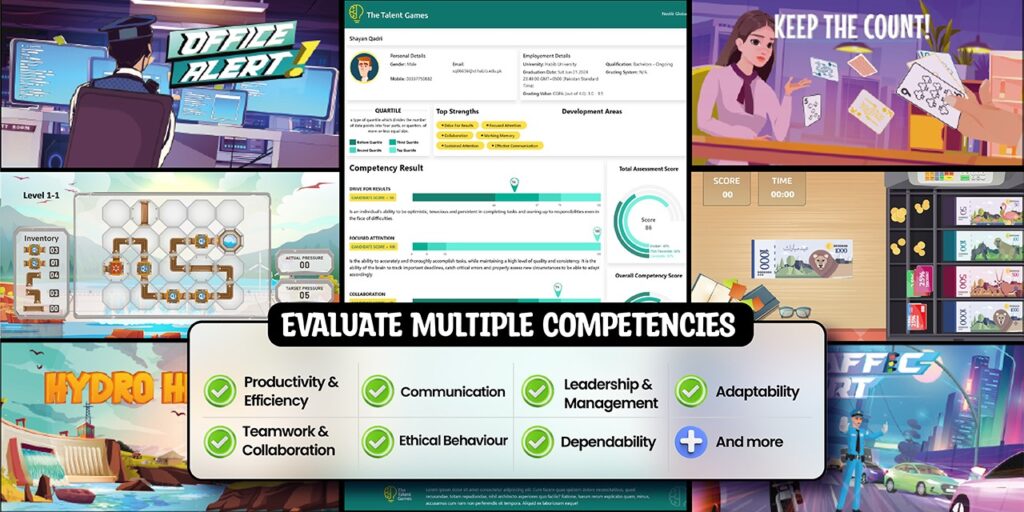
This is all done by creating an exciting candidate experience where applicants come across fun and engaging assessments in the form of game simulations. Such assessments judge their cognitive abilities, critical thinking, talent, intellect, leadership, and much more.
Recruitment games can eliminate subjective bias and any foreign intervention, which can influence the employers’ judgment. It is a powerful mechanism disrupting the HR and recruitment industry. It also makes the whole hiring process less stressful and more interesting for candidates. Employers can also utilize recruitment games tailored to their specific needs.
How Hiring Games Improve Candidate Experience?
“Candidate Experience” remains a popular HR term, used in modern-day recruitment marketing. It implies a candidate’s experience of the hiring process, their perception of the company, as well as their learning and exposure. It sounds simple but complex in theory, especially when it is a matter for organizations to enhance it.
Recruitment games carry the potential to improve the candidate experience.
Let us take into consideration exactly how it can make a difference, using a few recruitment games examples of some of the biggest companies in diverse business sectors applying gamification methods:
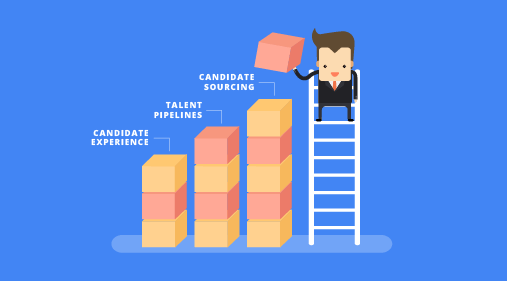
1-Recruitment Games— Better Alternative to Written Tests
Employees take on tests and assessments prior to job interviews. The tests are meant to determine their merit and capabilities, passing which is mandatory to proceed further.
However, employees do not feel encouraged to take time-consuming tests, which sometimes may not reveal their true abilities. It often results in the recruitment of bad fits. Recruitment games are designed in a way to facilitate candidate experience, allowing them to perform at their fullest potential.
2- Ensuring Transparency in the Hiring Process
As a compulsory step, organizations are required to offer full transparency in their goals, job descriptions, and expectations from candidates. However, when candidates get hired, they build their own perception of the company and the job’s scope using their own thought process and on-job experience.
Many candidates reported a difference between their expectations and the actual job, and the reason behind this is the lack of transparency they deal with during hiring process.
One of the companies using recruitment games, is a French postal service by the name of Formapost is implementing transparency using gamification.
Their gamification model, “Jeu Facteur Academy” is like the gameplay of a typical day at work of a postman. It lets their workers understand the job and its complexities on every step.
3-Hiring Games Help Reduce Subjectivity and Bias
The best recruitment games use algorithms and technical input in the form of artificial intelligence. It has massive implications in maintaining honesty, integrity, and fairness in the hiring process.
Candidates can be of different racial, ethnic, and religious backgrounds, expecting potential employers to value diversity and inclusivity. These games eradicate any judgment based on subjective notions or human intervention.
4-Creating a Low-Stress Environment for Candidates
Appearing in interviews and aptitude tests is an anxiety-filled experience when a candidate can feel let down due to feeling nervous or pressured.
Recruitment games are on-the-go, easy to play, and engaging. Therefore, they eliminate the stress factor that becomes a hinge in the candidate experience. It gives them a chance to let their true selves out comfortably and perform on the basis of it.
This factor is especially relevant to millennial candidates. A relaxed and comfortable environment remains a priority for the millennial candidate pool.
5-Gamified Tests Provide Valuable Candidate Feedback
These games for recruitment are integrated with constructive comments, classification charts, and final accumulated reports. It is basically a form of extending valuable feedback for the prior notice of candidates.
A job seeker has an opportunity to learn from feedback, find a direction, and punch their input after knowing what they need to do. Candidates also complain about a communication barrier from the organizations’ end.
6-Making the Hiring Process Fun and Engaging
The element of “fun” is an important constituent in the modern-day business environment. Employers and employees are both taking steps towards having fun at work, rather than keeping it serious and impersonal all the time.
Recruitment games entail an experience offering a chance to have fun. Who does not like to take quirky quizzes about “Which wildlife animal are you?” or solve a puzzle “where your life is on the line.” It should be noted that the former quiz would determine one’s personality traits and the latter puzzle actually determines one’s ability to cope with pressure, work under stressful environments, decision making, wit, etc.
LEGO is changing the way it hires its designers. It runs a very innovative gamification model. Potential designers are tasked to create videos of making LEGO designs. The selected people are invited to the headquarters to play the special design game by LEGO. These games include completing puzzles, working under pressure, and in collaborative environments.
7-Offering a Valuable Learning Experience
The entire experience of recruitment games is fun, engaging, and challenging which also offers candidates a chance to learn a thing or two about themselves, or more than that. It reveals insights due to psychometric evaluations.
People are keen on learning new and different information about their personalities. It can also be a method of know the areas of improvement in one’s character, mind, and skillset.
8-Building Trust with Potential Hires
Lack of response from employers is a top reason for a candidate’s frustration. Especially millennials, who are optimistic, want feedback, recognition, and fairness, like structure and organization, and always want to improve themselves.
Recruitment games offer a chance to build consistent communication, create a level of transparency, and merit a strong connection. Candidates would finally find it ideal to trust organizations because of that.
9-Eliminating Monotony and Saving Time in Hiring
Time is money for even candidates and for far too long, job interviews and recruitment assessments have been nothing but bogus. Games for recruitment purpose can transform a candidate’s experience by enriching creativity, engagement, and amusement.
Uber is doing that with UberDRIVE, a game where you get to be the driver of the day. It is a fun way of knowing the actual job and being judged on your competencies. You get to drive around in a simulated arrangement, pick up customers, and drop off to their destinations, using short and safe routes as well as employing driving skills.
10- Meeting Modern Candidate Expectations in Recruitment
Candidates have keen expectations from employers. These expectations are often not met in conventional recruitment processes. However, gamification aims to address this major concern of candidates. It lets a candidate know exactly what they are getting to, helping them make the right decision which is integral for their career growth.
Many candidates feel that their workplaces fail to live up to their expectations or offered less clarity during hiring process.
Knack, a company in Silicon Valley does this using its model called Wasabi Waiter. Candidates become waiters and their actions and reactions are being noted. This allows candidates to get a firm idea of what do they exactly need to expect from their employer.
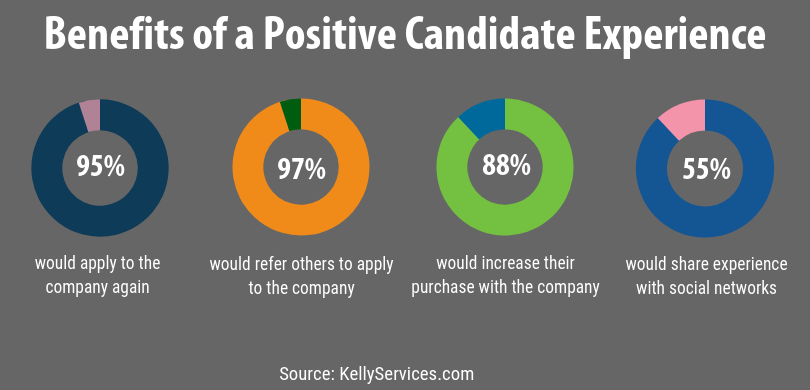
Final Thoughts
The evolution of recruitment and gamification processes opens a new dimension in the world of selection that transcends the traditional human resources scheme. It is quite evident.
Behind their colorful screens, these recruitment games heavily depend on theories of neuroscience and psychology. This is to come up with a blend between the cognitive and emotional traits of candidates.
When a candidate applies to multiple places without receiving any feedback, he gets frustrated. The frustration is amplified when there is little chance of success, which in turn increases the level of stress in the mind of the candidate and will also distort his skill set. This all sums up to extremely bad candidate experience, which can be sorted out with nicely tailored recruitment games.
In some cases, the challenges posed in these gamified assessments simulate those specific problems that the worker would have to face in his future work environment. Encouraging his preparation in case of being hired.
Gamification represents a new dimension in the world of recruitment that transcends the traditional human resources scheme. Candidates turned into users, become protagonists of a video game whose reward may be the job of their dreams.
